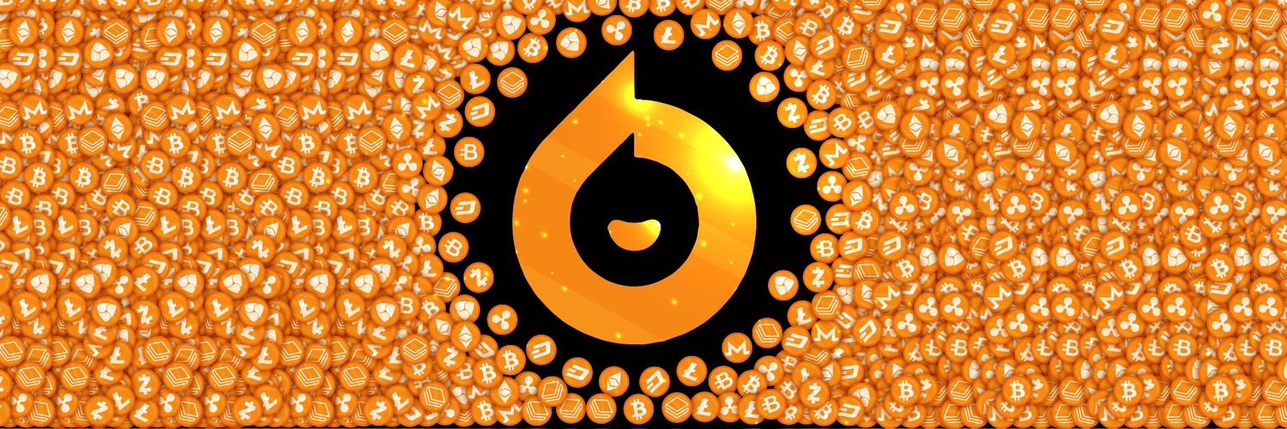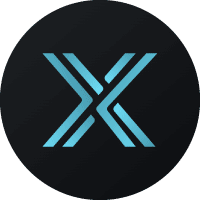Robinhood crushes Q1 report, analyst declares it is no longer a ‘joke for millennials’
Robinhood reported one of its strongest quarters yet, with Q1 revenue rising 50% year-over-year to $927 million and net income more than doubling to $336 million.
Robinhood reported first quarter results after Wednesday’s closing bell. Earnings per share of 37 cents was up 106% from last year while revenue of $927 million was up 50% year-over-year. The company saw record net deposits of $18 billion and reached new highs in Robinhood Gold subscribers, which climbed 90% to 3.2 million.
The trading platform also continued to roll out new products, including AI-powered financial planning tools and an expanded prediction markets hub. Robinhood closed its acquisition of TradePMR and is on track to complete its purchase of Bitstamp later this year. The board expanded its share buyback program by $500 million to $1.5 billion, citing confidence in long-term growth.
Mizuho analyst Dan Dolev praised Robinhood’s performance during a CNBC interview following the report. He described the report as “one of their best quarters on record,” noting the company’s all-time highs in funded accounts and revenue. The stock traded lower by 4% following the report, suggesting the dip represents “a buying opportunity.” Robinhood’s stock recovered from its morning lows of $46.53 and traded at $48.64 at press time, down less than 1%.
“They’re getting into Asia, they’re getting into Europe,” the analyst said. “Their product velocity is the best one I’ve ever seen with Robinhood Gold. Pretty much every quarter there is something new and so I think over time what you are going to see is that they are not going to bifurcate from the volatility, but they’re going to fare better than the volatility.”
Robinhood deserves credit for its aggressive push into what Dolev describes as a $600 billion total addressable market. The company is seeing strong results, notably from higher net-worth clients that typically flock to legacy platforms like Schwab and Interactive Brokers.
“Three years ago everyone thought [Robinhood] was a joke for millennials,” Dolev said. “And now people are taking them really seriously. And I think their competitors are getting worried about them taking assets away.”
Bought a bag of $ACE | @acedatacloud, currently sitting around 600k$ MC now.
They are creating an ultimate hub for AI model integrations. The lead developer ranks in the top 500 globally on GitHub and literally authored a book about Python, by the founder of Python.
If this launched on $ETH, I feel like it would already be at much higher levels.
The team is now integrating the $ACE token into their platform, giving it solid utility. Holding brings real perks like discounted API usage and premium features.
NFA, just a personal opinion.
Trump Brings Bitcoin to Dubai? Tower Deal Shakes Up the Middle East
In a bold and unexpected move, the Trump Organization has officially launched the Trump International Hotel & Tower in Dubai, an 80-floor luxury project located on Sheikh Zayed Road. But what truly caught global attention wasn’t the opulence or penthouses priced at $20 million—it was Eric Trump’s announcement that the property would accept cryptocurrency payments, including Bitcoin .
This moment is more than just a marketing stunt. It marks a pivotal shift for the role of crypto in high-value real estate transactions in the Middle East .
The Trump name carries massive global recognition. Having it associated with Bitcoin transactions in a luxury Dubai development sends a strong signal: cryptocurrencies are moving into elite territory. This will likely build trust among traditional investors and encourage institutional interest in digital assets.
The UAE—and especially Dubai—has already laid the groundwork for digital asset innovation. With frameworks like VARA and the establishment of a regulatory-friendly climate, this development aligns perfectly with Dubai’s ambition to become a global crypto and Web3 hub .
Trump Tower’s embrace of crypto may now act as a benchmark for other developers seeking to attract international, tech-savvy investors.
The Trump Tower development bridges the gap between the digital and physical asset worlds by accepting Bitcoin for property purchases. It proves that crypto isn’t just for speculation—it can now secure tangible, multimillion-dollar assets in one of the world’s most luxurious cities.
Expect similar announcements from developers across the Gulf.
Crypto payments at this scale demand proper infrastructure—compliant payment gateways, crypto-fiat conversion, KYC/AML protocols, and more. That means banks, regulators, and fintechs in the Middle East will have to adapt quickly, pushing forward a new era of financial innovation.
With Dubai taking the lead, neighbouring countries like Qatar, Saudi Arabia, and Bahrain may follow. Policymakers may see this as an opportunity to attract global crypto wealth, setting off a wave of crypto-friendly legislation and investments across the Gulf.
This isn't just about a tower. It's about what the Trump brand represents in the context of Dubai’s luxury scene—and what Bitcoin means to modern investors. The convergence of these two worlds is sending a clear message:
Crypto is no longer just digital speculation. It’s now brick, mortar, and luxury living.
In a bold and unexpected move, the Trump Organization has officially launched the Trump International Hotel & Tower in Dubai, an 80-floor luxury project located on Sheikh Zayed Road. But what truly caught global attention wasn’t the opulence or penthouses priced at $20 million—it was Eric Trump’s announcement that the property would accept cryptocurrency payments, including Bitcoin .
This moment is more than just a marketing stunt. It marks a pivotal shift for the role of crypto in high-value real estate transactions in the Middle East .
The Trump name carries massive global recognition. Having it associated with Bitcoin transactions in a luxury Dubai development sends a strong signal: cryptocurrencies are moving into elite territory. This will likely build trust among traditional investors and encourage institutional interest in digital assets.
The UAE—and especially Dubai—has already laid the groundwork for digital asset innovation. With frameworks like VARA and the establishment of a regulatory-friendly climate, this development aligns perfectly with Dubai’s ambition to become a global crypto and Web3 hub .
Trump Tower’s embrace of crypto may now act as a benchmark for other developers seeking to attract international, tech-savvy investors.
The Trump Tower development bridges the gap between the digital and physical asset worlds by accepting Bitcoin for property purchases. It proves that crypto isn’t just for speculation—it can now secure tangible, multimillion-dollar assets in one of the world’s most luxurious cities.
Expect similar announcements from developers across the Gulf.
Crypto payments at this scale demand proper infrastructure—compliant payment gateways, crypto-fiat conversion, KYC/AML protocols, and more. That means banks, regulators, and fintechs in the Middle East will have to adapt quickly, pushing forward a new era of financial innovation.
With Dubai taking the lead, neighbouring countries like Qatar, Saudi Arabia, and Bahrain may follow. Policymakers may see this as an opportunity to attract global crypto wealth, setting off a wave of crypto-friendly legislation and investments across the Gulf.
This isn't just about a tower. It's about what the Trump brand represents in the context of Dubai’s luxury scene—and what Bitcoin means to modern investors. The convergence of these two worlds is sending a clear message:
Crypto is no longer just digital speculation. It’s now brick, mortar, and luxury living.



 Niedrigster Preis
Niedrigster Preis Höchster Preis
Höchster Preis 




























.png)











